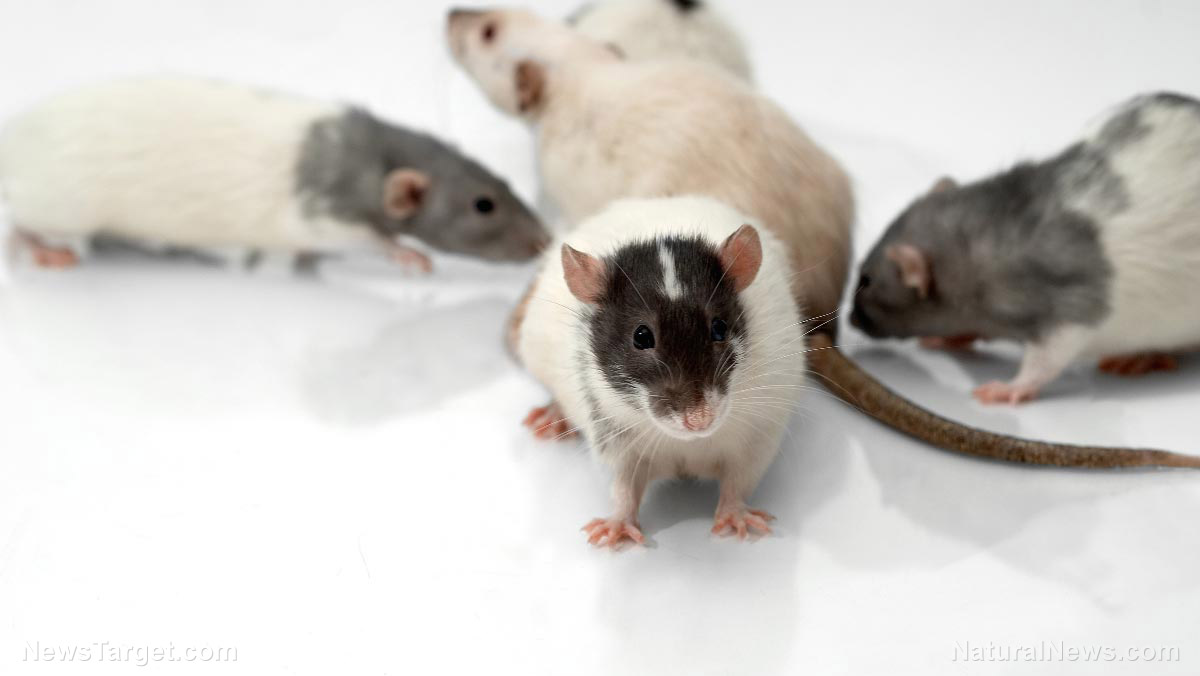Warning: Drug-resistant bacterial apocalypse is on the horizon
07/19/2016 / By Vicki Batts

Antibiotics have undoubtedly saved countless lives since their introduction in the 1930s.
However, due to the mass utilization of antibiotics to fatten up livestock, these once curative drugs are becoming more and more useless as the number of antibiotic-resistant bacteria grows.
A report from the All Party Parliamentary Group on Antibiotics calls for the cessation of all nonessential and nonmedical uses of antibiotics, for fear we shall soon have a future where death is a common side effect of minor injuries and surgeries, and where antibiotic-resistant infections run rampant.
The overuse of antibiotics in medical and nonmedical settings is causing the population of antibiotic-resistant bacteria to grow, via genetic modifications that are being shared not only between bacterial generations, but between different bacteria species, as well. Bacteria can transmit the genetic coding for antibiotic resistance to other bacterium, even if they are distantly related, provided they are in the same environment.
Imagining a future where antibiotics are futile against the threat of infections is a frightening thought, indeed. And if we don’t act promptly to prevent antibiotic overuse, soon, we may have no other recourse.
Protect your health through nutrition with Superfoods.
Source used:
Submit a correction >>
Tagged Under:
antibiotic resistance, Antibiotics, bacteria
This article may contain statements that reflect the opinion of the author





















